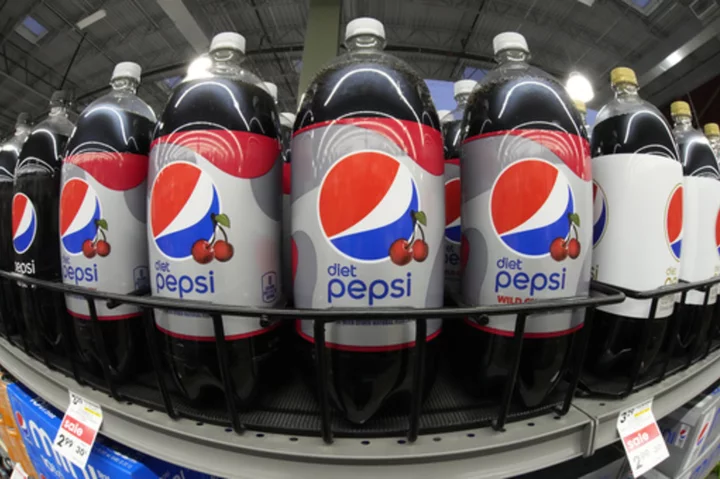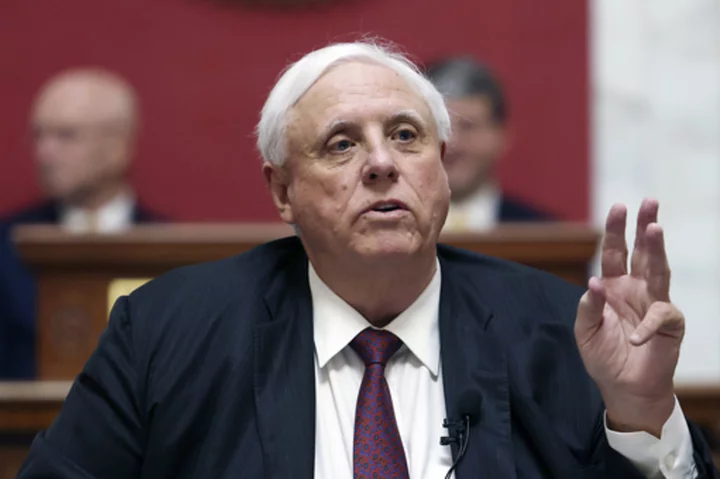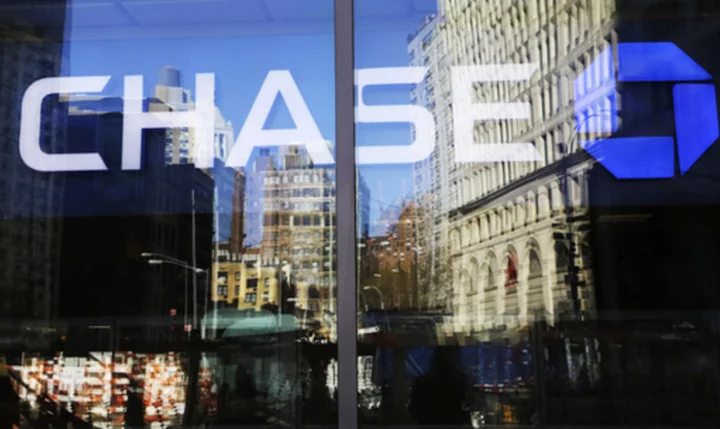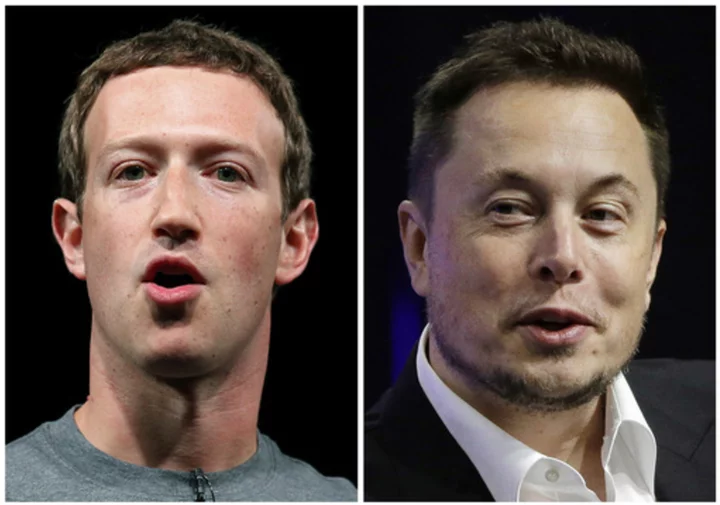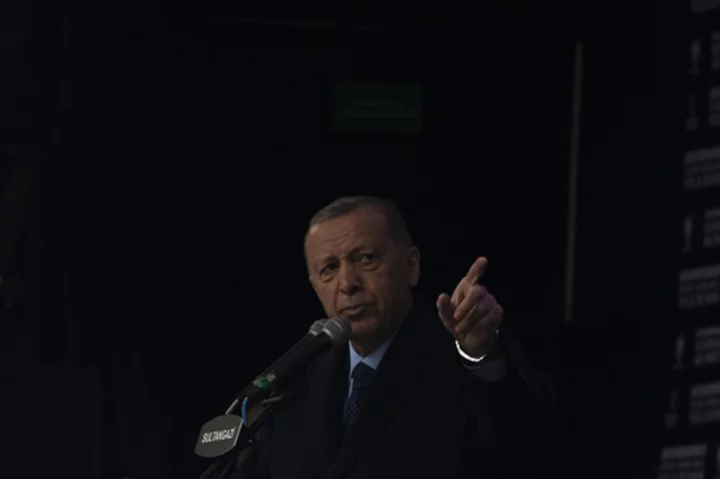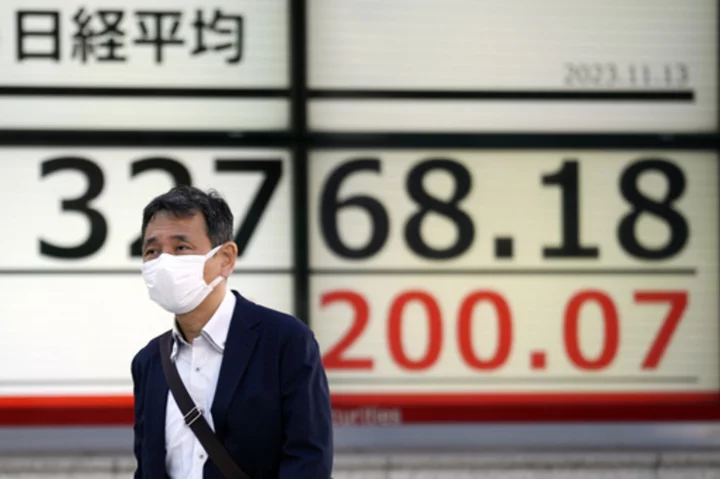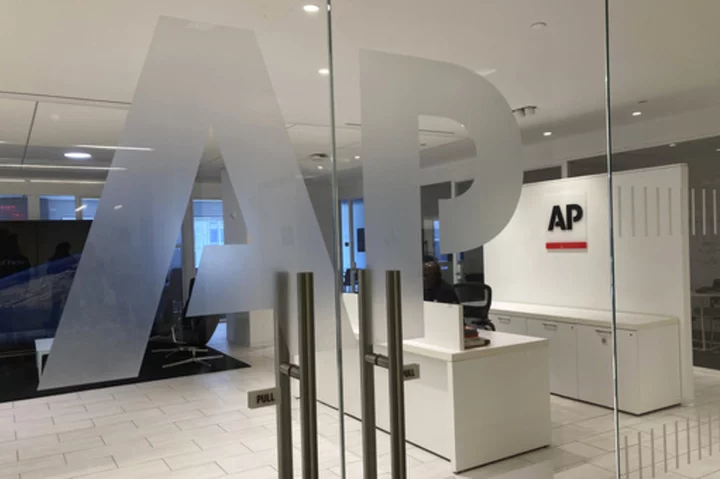PepsiCo saw lower demand for its drinks and snacks in the second quarter, but higher prices continued to boost its bottom line.
The Purchase, New York-based company reported better-than-expected revenue and raised its full-year earnings forecasts.
Shares rose more than 2% before the market opened on Thursday.
Snack food volumes fell 3% in the April-June period, while beverage volumes dropped 1%, but net pricing rose 15%. It was the sixth consecutive quarter of double-digit price increases from PepsiCo.
Pepsi's revenue rose 10% to $22.3 billion. That beat Wall Street's forecast of $21.7 billion, according to analysts polled by FactSet.
Revenue improved at Frito-Lay North America and the company’s North American beverages unit. PepsiCo also saw revenue growth in Latin America, Europe and Asia.
But pricing clearly took a toll. In the company's Africa, the Middle East and South Asia division, volumes dropped 6% as Pepsi hiked prices 24%. In Latin America, volume was down 3% as prices rose 16%.
Pepsi has previously blamed the high cost of packaging and commodities like cooking oil for its price increases. But it could have a harder time raising prices as inflation eases. In the U.S., inflation reached its lowest point since early 2021 in June.
Pepsi's net income nearly doubled to $2.75 billion. Last year, its profit was lower due to a $1.36 billion impairment charge.
Excluding one-time items, the company earned $2.09 per share. That easily beat the $1.95 per share that analysts forecast.
The company now anticipates full-year earnings up 12%, on a constant currency basis. Its prior outlook was for a 9% increase. Organic revenue is now predicted to rise 10%. Pepsi previously expected an 8% increase.

